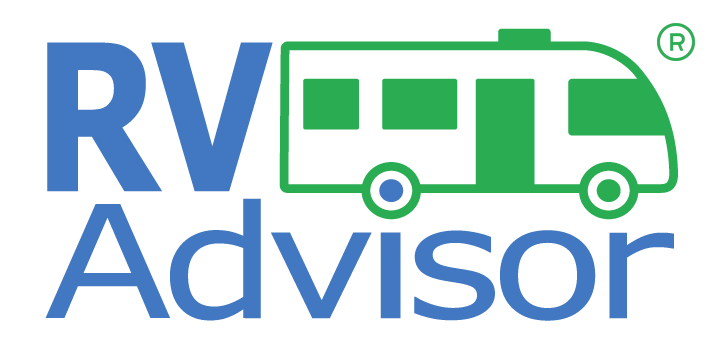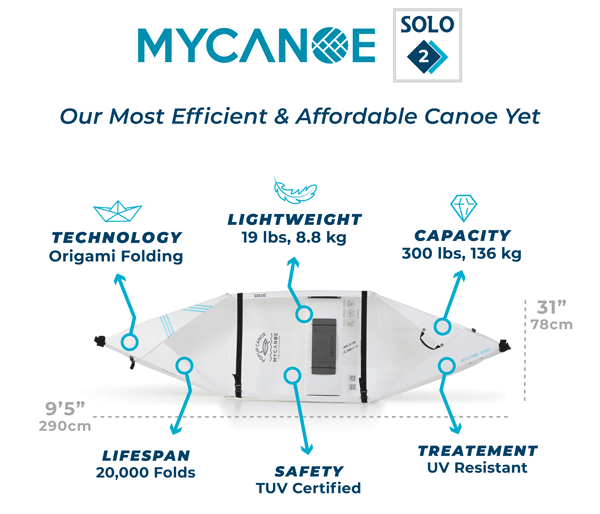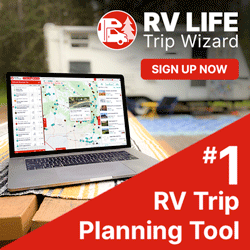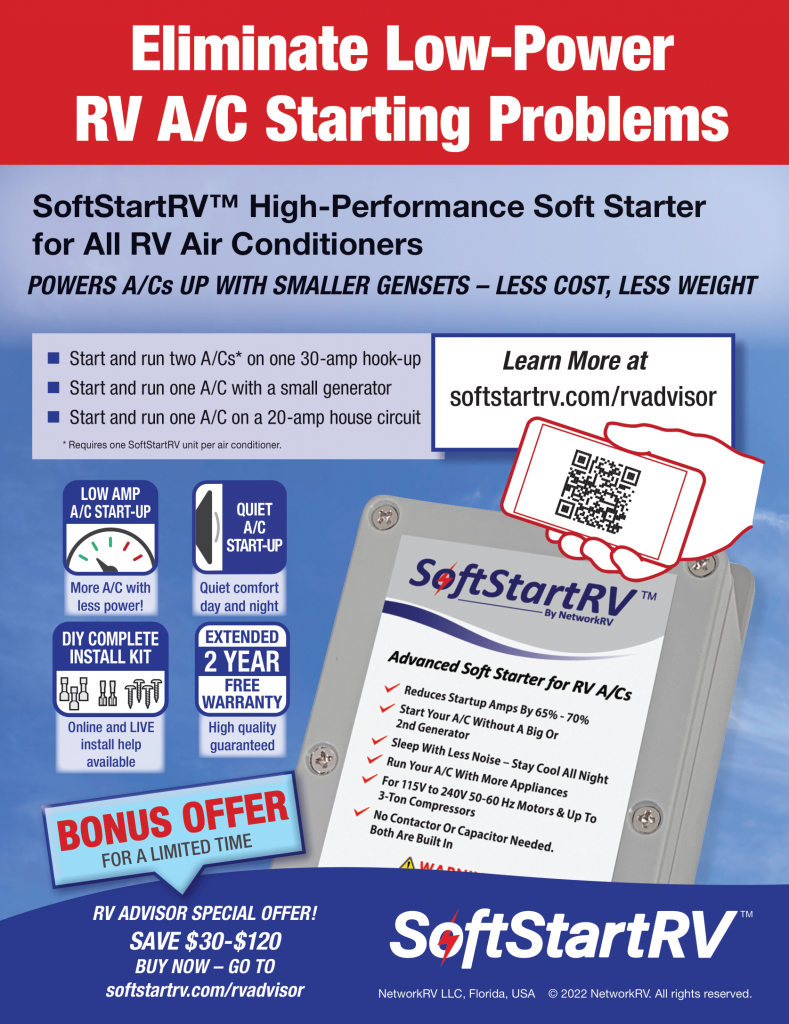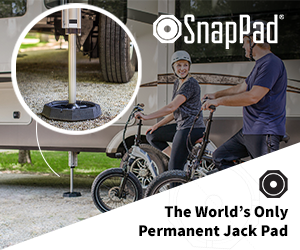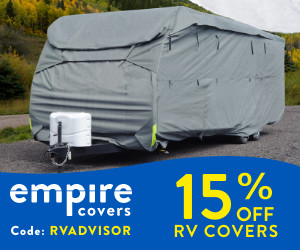What You Need to Know from Maintenance to Miles on the Clock
If you have your sights set on an RV, you’re not alone. The market is really gathering speed in recent years with public interest at an all-time high. There will be more than half a million RVs on American roads this year according to the RV Industry Association.
What you’re considering is a big commitment in terms of money, time and changes to your lifestyle, however temporary they may be. The right rig can provide you with the kind of excitement, comfort and independence you’ve been waiting for. There are plenty of advantages to life on the road, but no matter if you’re buying new or used, there are some key questions to answer before you purchase an RV.
Exactly what kind of RV do I need?
Choosing the right type of RV is your first thing to consider.
A good place to start is checking out the different models, such as:
· Class A Motorhomes – These are top of the line homes on wheels. The RV Industry Association puts new models in the $60,000 to $500,000 range. Class A RVs have all the comforts of home and then some, with extendable slide out spaces which increase the inner area even further.
· Class Bs – Offer many of the same comforts as Class As on a smaller scale, but don’t be put off. There’s standing room and comfort for an average of three people in these highly maneuverable “campers” which handle and park much more like a van than a mobile home. If you’re fuel conscious, Bs can be a great option for gas efficiency, especially if you can purchase a diesel.
· Travel trailers – These hitch to the rear of an SUV, minivan or pickup truck, but always make sure your vehicle has enough power to do so! Travel trailers are typically lightweight, but once loaded up may take some hauling. These can be cozy or impressively roomy depending on your budget.
Am I ready for operation and maintenance cost?
The whole point of being on the road is to stay out there for as long as you want. You don’t need complications with the hardware or the occupants bringing everything to a halt. If you really want to enjoy your freedom out there, consider if you’re prepped and ready for some typical issues:
· Gauge your gas – There are some RV-related issues you can avoid, but gas isn’t one of them. Think of how you’ll be using your RV (vacation or longer runs) and factor in your fuel expenses. The model you choose can help you out here, as mentioned above.
· Paying to park – There may be times when you can park off-road and enjoy the sun and stars, but there will be more when you need to find an RV stop with amenities for a while. The average cost of an overnight RV park in the U.S. is $38.50.
· Insurance – Your RV may be unlike a standard vehicle, but it needs insurance all the same. RVs are a hybrid of car and home, and this is reflected in the unique insurance policies that cover them. Think ahead on protecting your vehicle and its passengers from harm and shop around for the best deal.
· Equipment – This will vary depending on the driver. Consider this list compiled by RV-ers that runs to over 50 items. One you may want to prioritize is an internet connection; an RV that can keep you connected will be an invaluable aid in emergencies or day-to-day information seeking.
Am I fully informed on the safety responsibilities?
A solid safety approach is always treating your RV like a mobile home. The safety features present in your static residence should carry over into the RV. Items like fire extinguishers, smoke alarms, secure windows and doors, and a means to contact the outside world if you lose internet should all be priorities. A competently stocked medical cabinet is also a must, as you never know where or when it might be needed.
Undertaking the proper pre-trip driving practice is also a must. Piloting an RV is a very different story than driving a car. For one thing, RV owners (particularly new ones) tend to overload the RV, which can lead to braking and steering problems. Inclement weather is a hazard for RV drivers. Wind can wreak havoc on stability while rainy roads pose twice the danger for vehicles of a particular size.
Always drive with full awareness and responsibility toward your surroundings and fellow drivers. Check out this resource providing many other safety lists which are vehicle-specific that take you from pre-trip to out on the road.
Do I need any special qualifications to drive an RV?
This depends on the dimensions of your RV and your states laws. You won’t need a license in:
· Alabama
· Alaska
· Arizona
· Colorado
· Delaware
· Florida
· Georgia
· Idaho
· Illinois
· Indiana
· Iowa
· Kentucky
· Louisiana
· Maine
· Massachusetts
· Minnesota
· Mississippi
· Missouri
· Montana
· Nebraska
· New Hampshire
· New Jersey
· North Dakota
· Ohio
· Oklahoma
· Oregon
· Rhode Island
· South Dakota
· Tennessee
· Utah
· Vermont
· Virginia
· Washington
· West Virginia
The remaining states may require either a Class A or B license if your vehicle exceeds 26,000 lbs. or is over 40 feet. Contact your local DMV to be certain.
Is it better to buy used?
Many first-time buyers do so. A used RV can be a great investment if you ask the right questions during the sale. Don’t be afraid to ask pointed questions to find out the RV’s service history, how often it has been driven and how many prior owners there have been. It’s common for an RV to change hands many times due to the inclination of first-time buyers toward previously owned rigs.
Issues like tire wear, wheel alignment and if the RV is still under warranty are another few key areas to check. All these areas and more can either save you money or become a real financial headache down the road. If you can afford it, hiring an RV inspector is a great middle ground between your intuition and the current owner’s assurance.
Resources for RVs
You may want to check out some of these great resources while you’re thinking things over. Go RVing offers comprehensive insight into the whole experience, while this fun and informative blog offers some reading on the lifestyle.
